Zientzia hedabideetan
-
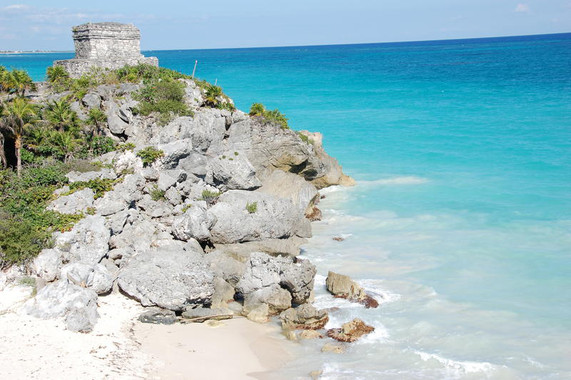
La sequía escribió la historia de auge y decadencia cultural de Mesoamérica
El ascenso y el declive de la ciudad prehispánica de Cantona, en el centro de México, están ligados al clima, en particular a un periodo árido comprendido entre los años […]
-
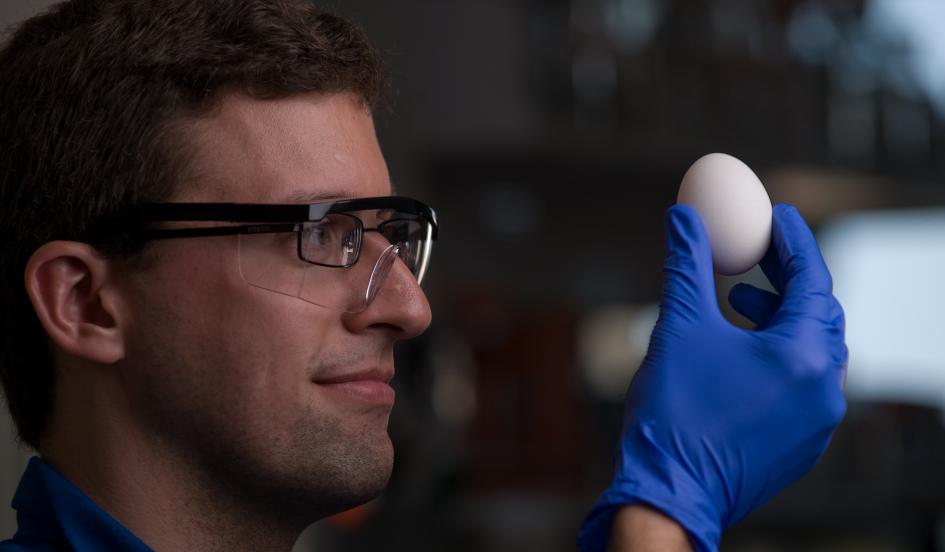
Scientists Figure Out How to Unboil an Egg
Scientists at the University of California Irvine have developed a way to unboil egg whites by “untangling” their proteins, a development that has the potential to significantly reduce costs for […]
-
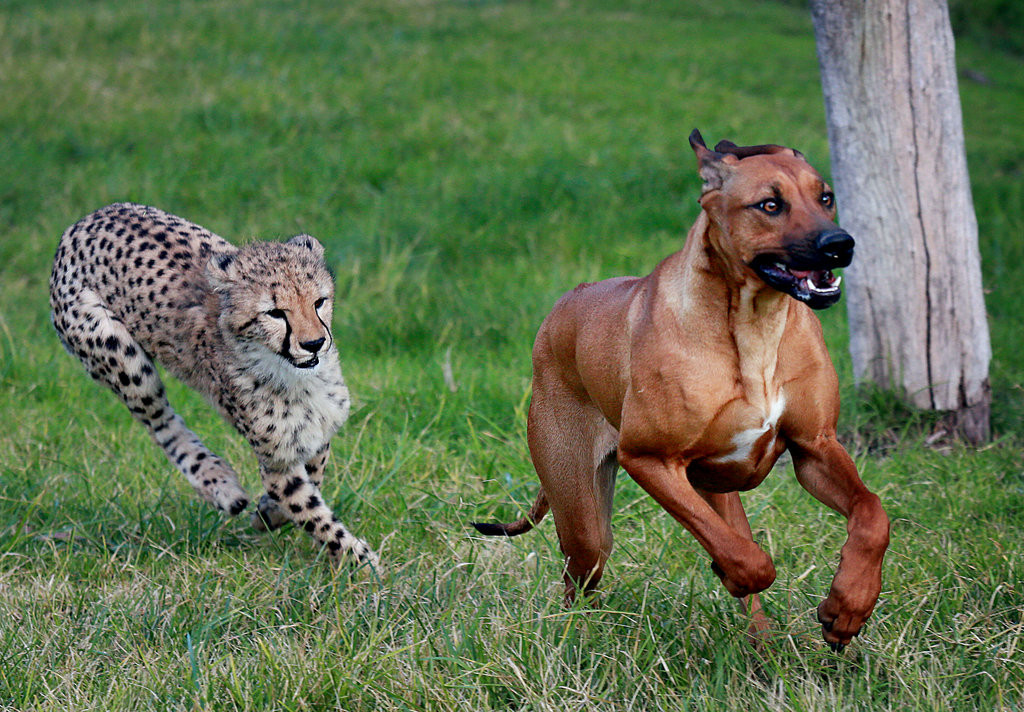
Learning From Animal Friendships
Videos of unlikely animal pairs romping or snuggling have become so common that they are piquing the interest of some scientists, who say they invite more systematic study. Among other […]
-
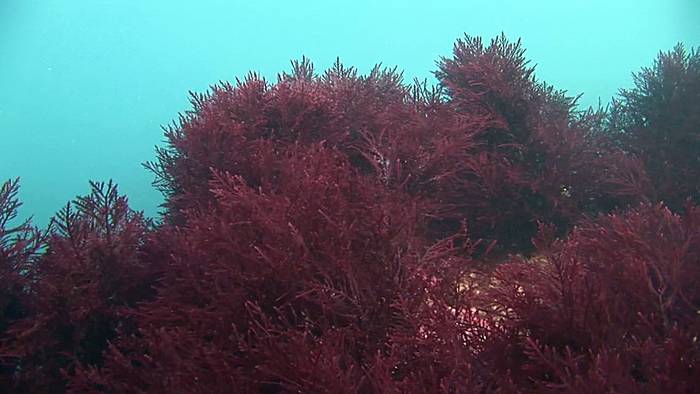
Larre gorriak desagertzen ari dira Euskal Herriko kostaldean
Euskal kostaldeko Gelidium corneum alga gorrien populazioak gainbehera larria izan du azken urteetan. EHUkoItsas Bentos ikerketa-taldeak bildutako datuek erakusten dute azken bi hamarkadatan populazioa erdira jaitsi dela leku askotan, eta […]
-
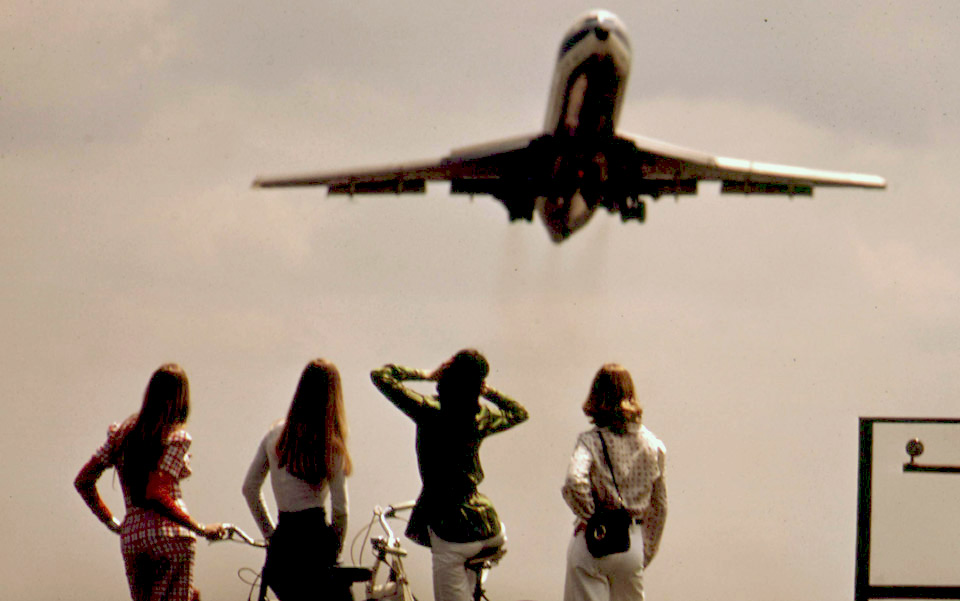
The golden quarter
The notion that our 21st-century world is one of accelerating advances is so dominant that it seems churlish to challenge it. Almost every week we read about ‘new hopes’ for […]
-
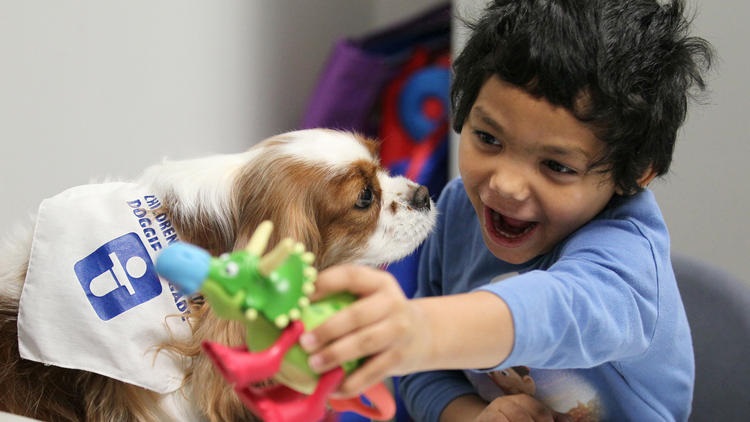
Autism genomes add to disorder’s mystery
Less than a third of siblings with autism shared the same DNA mutations in genes associated with the disorder, according to a new study that is the largest whole-genome sequencing […]
-
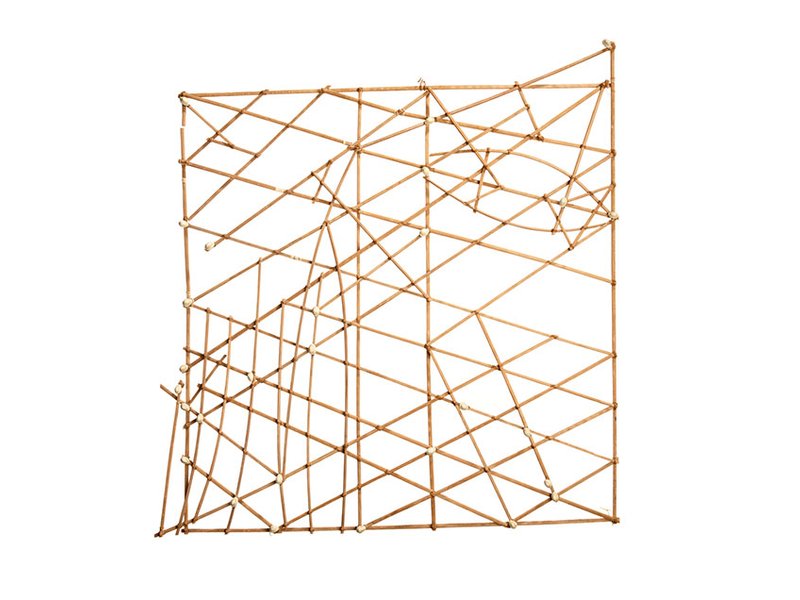
How Sticks and Shell Charts Became a Sophisticated System for Navigation
Sailors navigating with sextant, compass and maps found in the Marshall Islands that curved sticks and cowry shells were far more sophisticated.
-

Earth’s Moon may not be critical to life
The Moon has long been viewed as a crucial component in creating an environment suitable for the evolution of complex life on Earth, but a number of scientific results in […]
-

La pesadilla de sufrir un eterno “déjà vu”
Los científicos creen que el extraordinario caso de un británico de 23 años que sufre “un constante déjà vu” se debe a la ansiedad.
